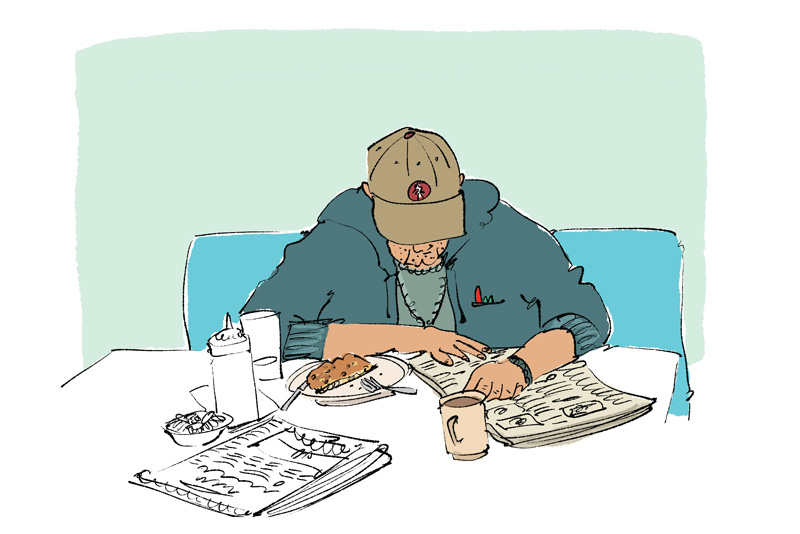ILLUSTRATIONS BY WACSO / HEAVY TABLE
Ahead of a high-stakes election, voters at two Minneapolis diners talk about the mayor, the police, and the cost of rent.
This story was originally published in the Oct. 15, 2021 edition of the Tap, one of our three subscriber-driven newsletters. Thanks to all Heavy Table Patreon supporters for underwriting this original story (and others).
If there is one thing we’ve learned from the national press corps’s periodic forays into profiling Midwestern voters in the last few years, it’s that diners are where reporters go to talk to “Real Americans.”
 Minneapolis is blessed with a robust diner scene, with independent, family-owned businesses in all corners of the city, which makes it all the more curious as to why none of these establishments have been used as the setting for features written in that particular newspaper style that has as much overwrought, empty sentimentality as a Lumunieers track and reads like a cross between the Prairie Home Companion, This American Life, and an unironic McSweeney’s.
Minneapolis is blessed with a robust diner scene, with independent, family-owned businesses in all corners of the city, which makes it all the more curious as to why none of these establishments have been used as the setting for features written in that particular newspaper style that has as much overwrought, empty sentimentality as a Lumunieers track and reads like a cross between the Prairie Home Companion, This American Life, and an unironic McSweeney’s.
Of course, we know the answer to this question: Urban diners haven’t been profiled because, as has been well-documented, writers assumed and sought out their narrow version of “The Midwest Working Class” — one with an exclusively white, conservative, rural, evangelical perspective. Visiting a working class diner in one of the region’s largest cities would have complicated that narrative.
But with Minneapolis facing arguable the most definitive local election of the last decade, with three high-stakes ballot questions that will determine how it will approach policing, housing policy and its governing structure, along with the entire city council and the mayor’s office up for grabs on Nov. 2, Heavy Table set out to follow recent political reporting traditions and do a local election vibe-check at a pair of diners at opposite ends of the city. We found all these voters by walking up to people in the diners and asking if they would talk to us while or before they ate their breakfast. Some said they’d rather not, others said “sure,” and everyone was friendly.
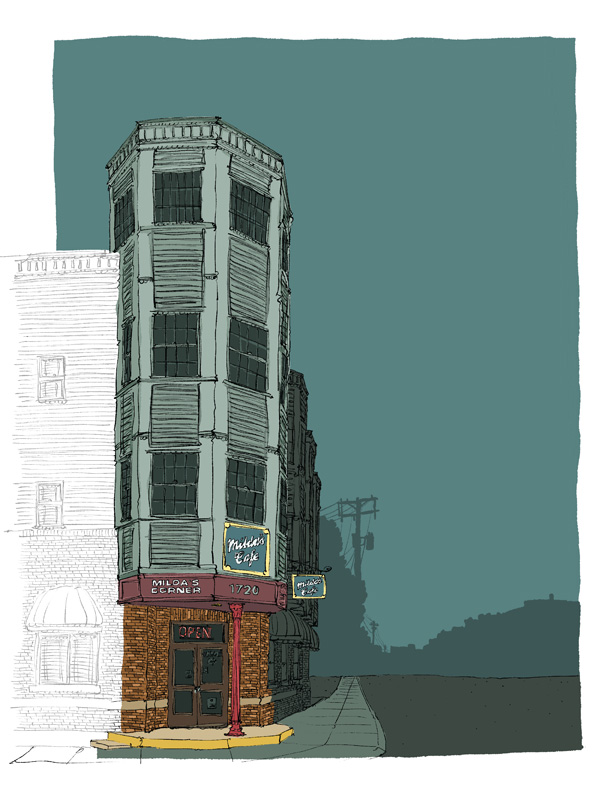
SHRIMP AND GRITS WITH A SIDE OF LAW AND ORDER
We started at Milda’s, a Near North institution since Milda Hokkanen, a widow with three children, founded it in 1965, with her signature pasties popular with the residents of what was then “Finn Town.” Milda passed away in 2005, and her family sold the restaurant six years ago, but it remains a community hub. New owner, Egyptian-American Ayan Samie, steered the diner through the pandemic and the loss of downtown lunch traffic, and has hung state themed decorative dining plates on the wall. “I love America, I hope I can get one for every state some day,” he said.
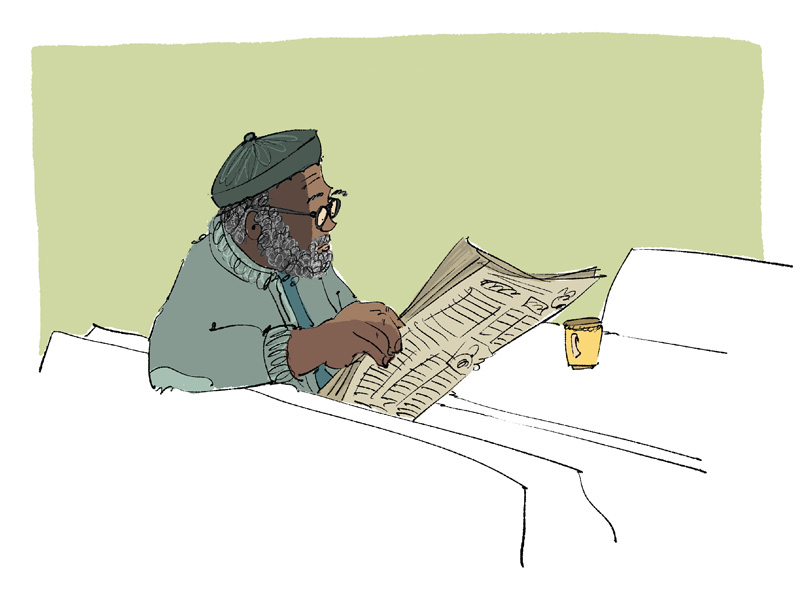
At a nearby table by a window facing Glenwood Ave, Andrew McGlory, 71, sips his coffee while flipping through his paper. Born in central Mississippi to parents who were sharecroppers, he grew up on the west side of Chicago, studied architecture at the University of Illinois and moved to North Minneapolis as part of a program that was a precursor to AmeriCorps about 40 years ago.
He was part of the team that designed the Minneapolis Convention Center, and spent more than two decades drafting plans for St. Paul Public Schools. He’s retired now, but still has his own firm. He knew the original Milda – “She was one of the mothers of the community” – and comes to the diner a few times a week. “I’m at the point in my life where cooking for myself isn’t great. I prefer reading my paper while someone’s cooking my breakfast.”
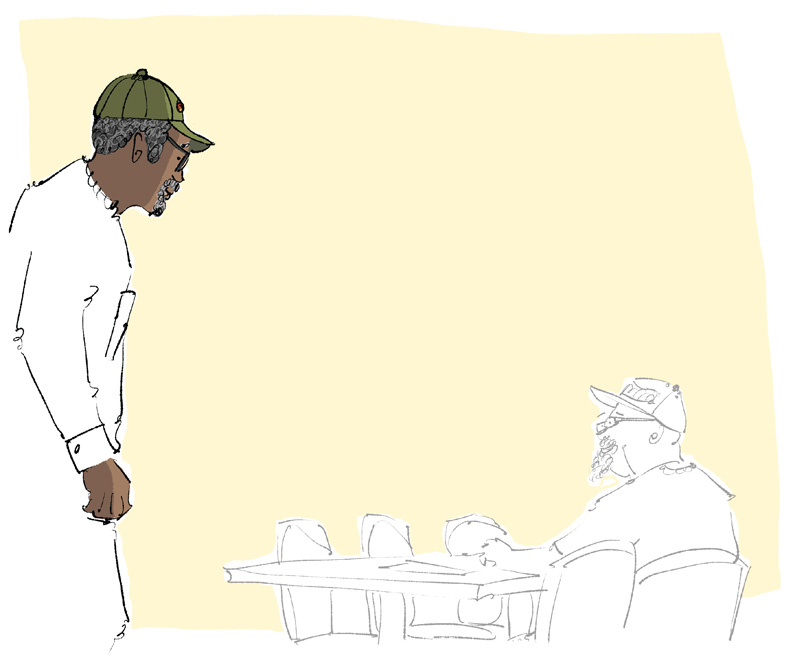
He usually gets shrimp and grits — grits were a staple of his childhood — but some days, like the day we talked, he mixes it up by getting a turkey omelet. A former DFL precinct captain, he closely follows local politics, and is dismissive of Question 2, the ballot measure that would replace the Minneapolis Police Department with a Department of Public Safety. “I think what we need to do is realize that we are our society, that we have laws and the laws have to be enforced. And well, you call that a peacemaker or a policeman. We have laws. They have to be enforced.”
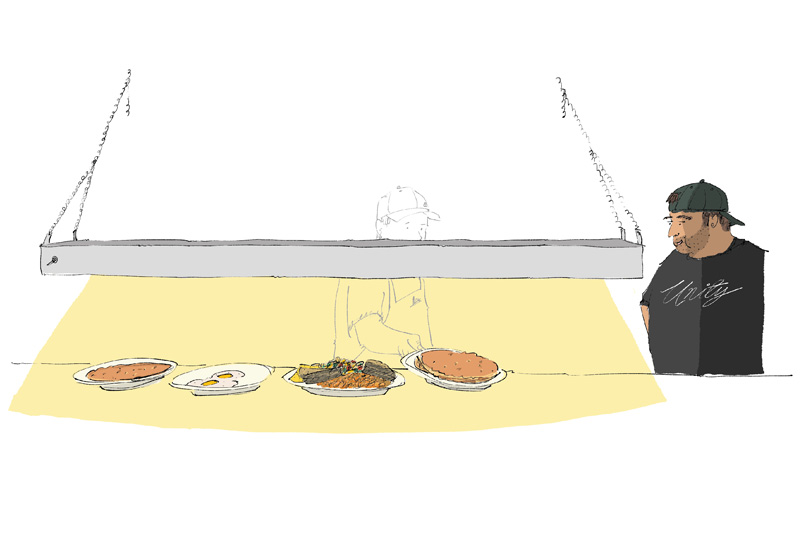
He recognizes the age divide on the issue, as shown by recent polls, but thinks that in the Black community, younger voters will end up following the lead of their elders. “And that’s why this might not pass, because no matter how young Black people are, they will go with what their grandfather says.”
With election day fast approaching, he laments that more people aren’t following the news. “I think that people need to be more informed and very few people read the paper,” he said, pounding the copy of the Star Tribune in front of him on the table. “It’s Facebook. When most people vote they are going to do it based on what they read on Facebook, and that’s why we are going to be in trouble.”
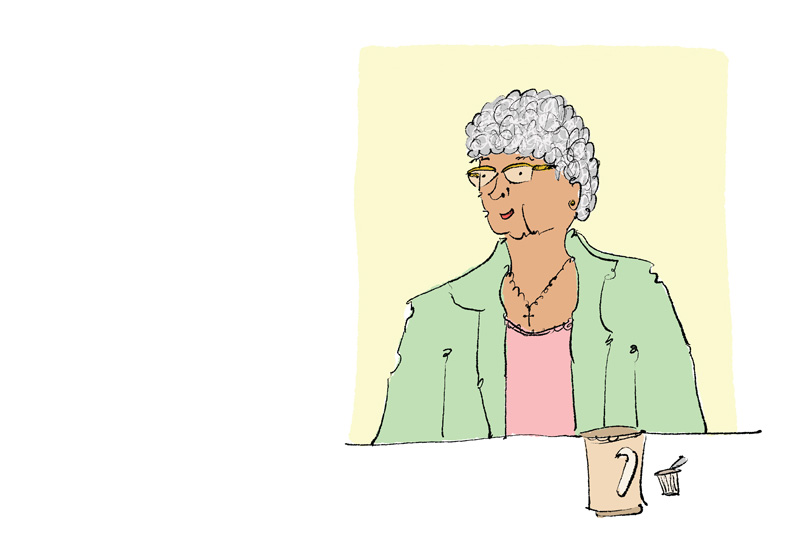
‘I DON’T THINK THE POLICE WILL STOP THE VIOLENCE’
The news was also on the mind of Gina Norman and Angel Jones, but the two friends had more recent events in mind as they waited for their food to arrive at Milda’s. The night before, at an intersection about a mile away, a shootout between two cars ended when they both crashed, with one of the vehicles hitting a woman on a scooter, killing her.
Jones, 41, lives nearby and said that, with the rise in violent crime over the last year, she worries about getting caught in the crossfire.”I could be an innocent bystander, minding my business and I get shot because of other people’s stupidity.”
Both were highly skeptical of amendment 2, with Norman, 51, voicing support for Minneapolis Police Chief Medaria Arradondo. “I hope they don’t get rid of the Arradondo guy. I’ve been knowing him and his whole family since I’ve been here. I think he’s a good guy. He was raised by some excellent parents.”
For Norman, the issue of shootings hits close to home. Her 21-year old son was murdered in South Minneapolis in 2000. He was standing near his friend’s truck when gunmen set off fireworks in the street, which caused confusion and helped mask the sound as they fired off a barrage of bullets, killing him.
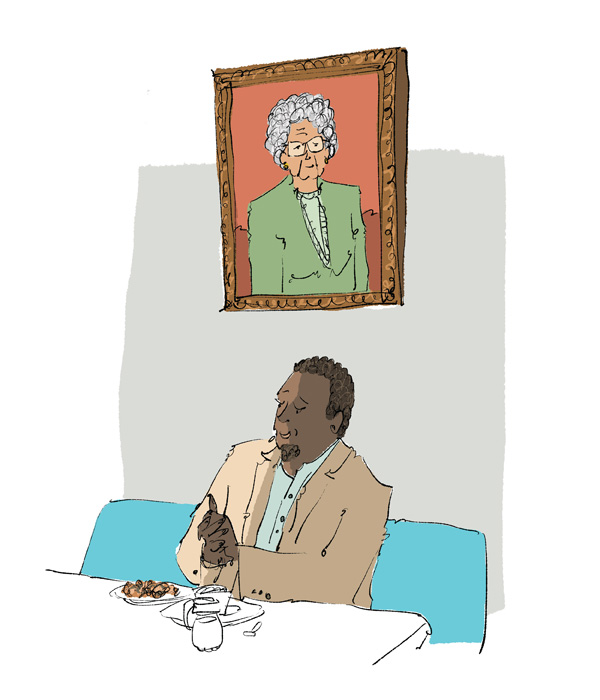
“He had just had a baby. I feel like he was hanging around the wrong people at the wrong time. I had just talked to him and I told him we were having a barbecue, so he should come over to my sister’s and he said, ‘OK.’ And so when I made it to my sister’s house, they called me and said he died.”
“I’m not saying my son was no saint, but he didn’t deserve to die,” she added.
Still, while she supports the police chief and opposes Amendment 2, she doesn’t think more police officers would help reduce violent crime, saying instead that the focus should be on getting guns off the streets and outreach to at-risk youth.
“I don’t think the police will stop the violence. Offer them [the youth] programs where they’re going to get paid, you know, something like that,” she said.
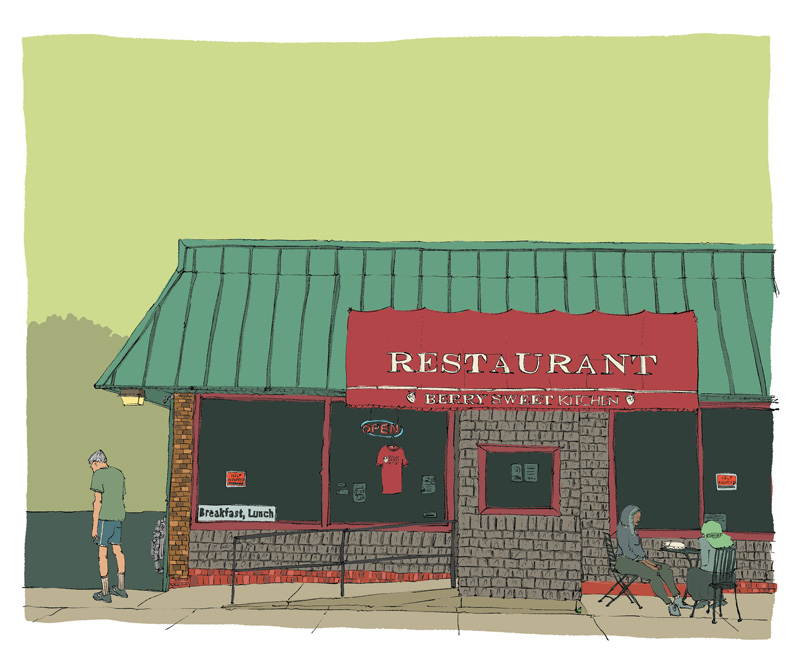 ‘START FRESH AND BUILD FROM THERE’
‘START FRESH AND BUILD FROM THERE’
A few days later, another pair of friends met up at the other end of the city, in South Minneapolis near Lake Nokomis, at Berry Sweet Kitchen. The “made from scratch” diner is run by a husband and wife team (John and Nancy Rud, both bakers), who were both helping staff through a Saturday morning rush when Heather Shore gave her friend Michele a birthday card as they finished brunch.
Shore, 41, had been to Berry Sweet a few times and ordered a breakfast burrito (It’s huuumongous,”) she said, as her eyes widened). Michelle, 46, who asked us not to publish her last name, went with pancakes with bacon and blueberries on the side. Sweet Berry smokes their own bacon, and Michelle was impressed. “Oh it’s so good, the bacon is delicious.”
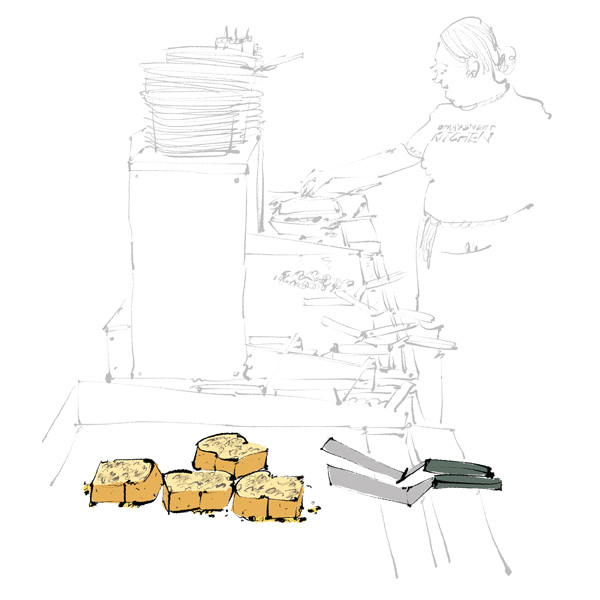
Another news story was on their minds. Reporting by Deena Winter at The Reformer, a nonprofit news site, led to the release of body cam footage showing Minneapolis police officers congratulating each other for hitting unarmed protesters with rubber bullets.
Michelle, who is Black, said that she initially opposed Amendment 2, but the body cam footage had changed her mind.
”I was telling her about what they just found on the body cams. where the police veterans were speaking on how they were going to go out and shoot up a bunch of civilian protesters. I mean, seriously, I really had preferred Arradondo to stay in, but at this point, the veterans have made it impossible to keep him there.”
She thinks passing Amendment 2 would be the best way for the city to deal with what she described as “deep seated problems,” within the police force.
“We want to get rid of it all and start fresh and build from there,” she said.
She supports question one, which would give more authority to the mayor, but the issue that seemed to resonate most with her was question three, which would give the City Council the authority to pass a rent control ordinance.
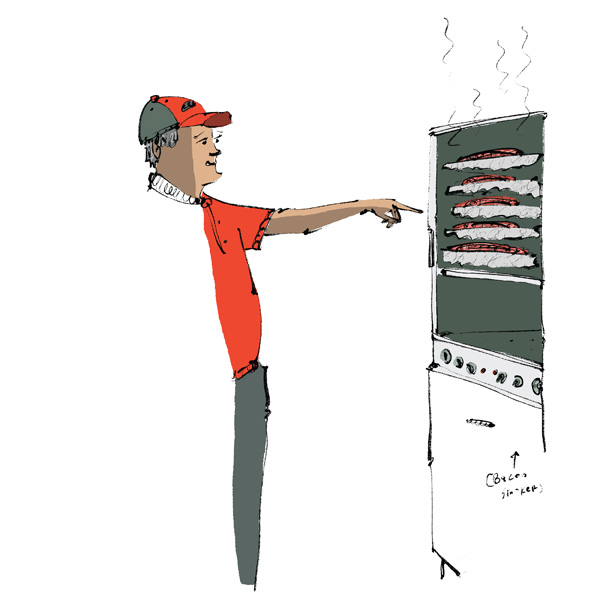
She told a story about a time in the 2000s when she was a single mother with four children. At the time, she was in college studying to be a lab technician, and to help pay her child’s expenses (two were still in diapers) she worked cleaning buildings. Every night, she would put her children to sleep and go out to clean for two hours. “I had babies at home asleep by themselves. I’d put them to bed and then leave for work,” she said.
The police often pulled her over one her way home from work. “They’d stop me when I was just trying to get home to my kids.” Then, once a month, she would hire a babysitter so she could spend a full eight hours and do a deep clean.
Still, she wasn’t making enough and paid her rent partially in food stamps, and with a child cash credit she received from Ramsey County (she lived in St. Paul at the time). Then her landlord told her he was raising the rent.
“I talked to my landlord and he said he would think about it. I was like, can you please not? You’re already taking my food stamps and my cash grants for my kids. I have no food. I have to go to the churches to find food for the kids. I have a part-time job to cover child expenses. I’m in college all day. What more can I possibly do?”
The landlord didn’t budge. Michelle had to move, but eventually ended up going in and out of homeless shelter, both because she couldn’t afford rent and because she was fleeing an abusive ex.
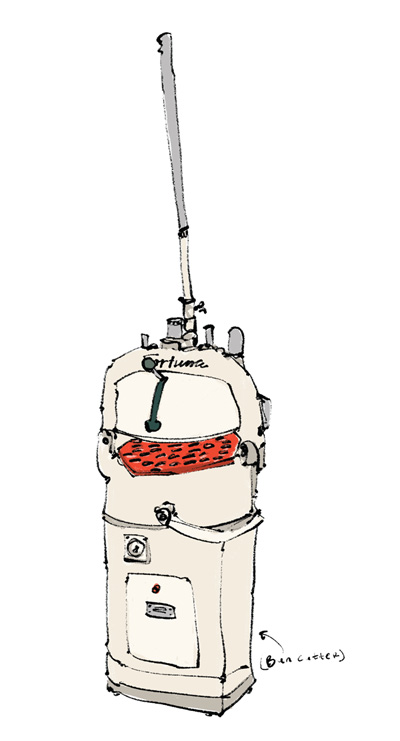
She thinks limiting the amount by which landlords can increase rent would help people in situations similar to the one she faced.
“It was a setup to help me fail. When you put that much effort into trying to succeed in knowing you don’t have that help, you don’t have that support and everyone you go to, they’re like, ‘Oh, well, you’ve got those kids, that’s your fault.’”
Michele got a degree in 2003 and has worked as a medical assistant since then. She now lives with her boyfriend in the Field neighborhood, where they own a home. Her eldest son in a sergeant in the National Guard, and was part of the brigade that got shot at during the unrest following the murder of George Floyd. That didn’t change her support for peaceful protests. “I am capable of knowing the difference. I don’t play into fear,” she said.
Heather agreed with Michelle on ballot question two and three and said she wants the city to fund more social programs.
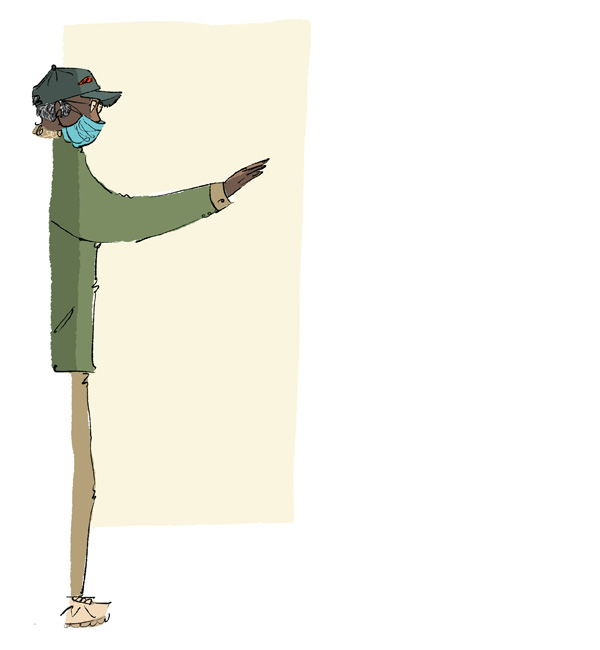
She talked about her uncertainty over who to vote for in the mayoral race. She felt “most aligned” with Sheila Nezhad, liked Kate Knuth’s detailed plans, and said that while incumbent Jacob Frey had been “fraught,” she still respected aspects of how he had responded to Floyd’s murder.
As she got a container to take her leftovers home, she said that whatever happens on Nov. 2, she hopes people show up to the polls.
“I think 2021 is going to be a really important year for our city, because we’re deciding where we want to go from here, what we want to start. Whatever we decide, it’s going to be a new start. And so we get to make that decision. And I hope that people really think about it before they cast their ballots. And I hope that they vote,” she said.

